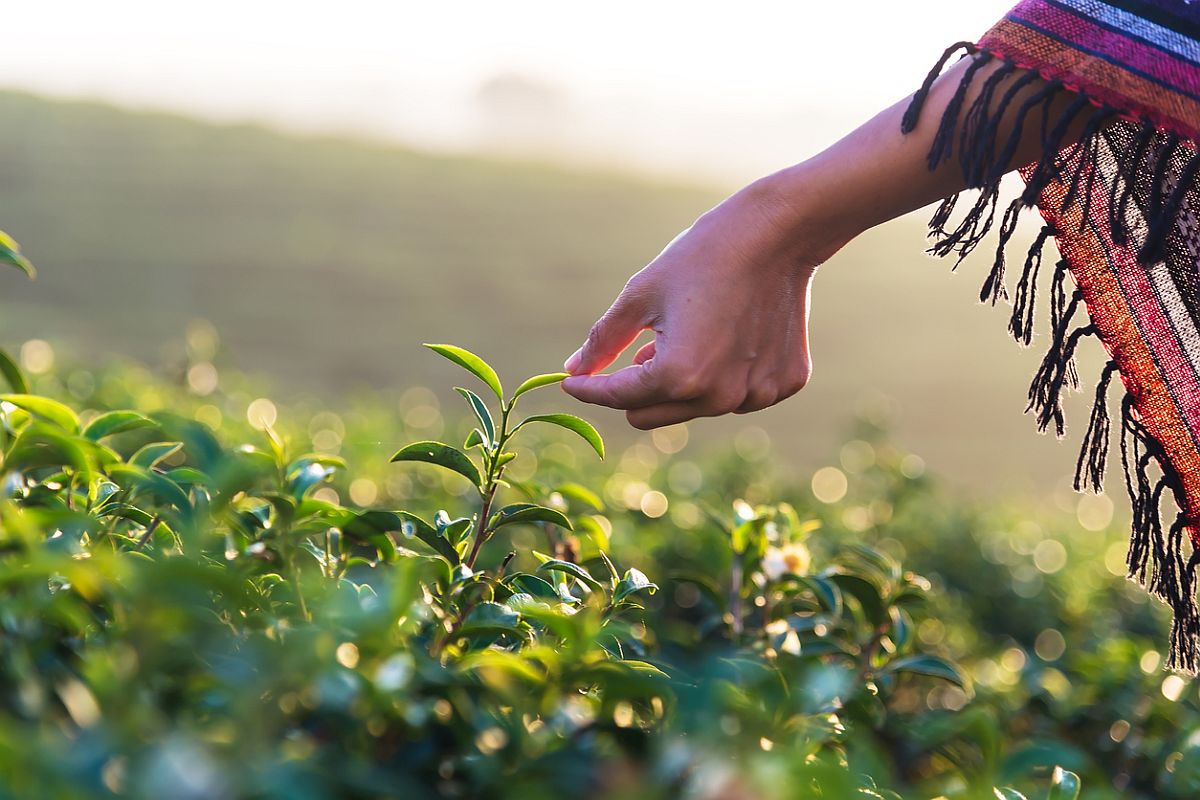School organises gender sensitisation camp
The initiative is aimed to promote gender equality, women’s rights, and social inclusivity in the rural tea-garden community.
In order to take effective measures at the community level, the TBI has suggested that primary contacts or family members of a person who is undergoing treatment for Covid-19 will not be engaged for any field operations under any circumstances.

(Photo: iStock)
The Tea Board of India (TBI) has come up with the standard operating procedures (SOP) for gardens, in view of the prevailing situation and the lockdown to combat Covid-19 in the country.
In order to take effective measures at the community level, the TBI has suggested that primary contacts or family members of a person who is undergoing treatment for Covid-19 will not be engaged for any field operations under any circumstances. As per the SOP, any staff or worker engaged in the field must be physically fit to take up the work and any case of Covid-19 symptoms should be reported to the local health department immediately.
Advertisement
“Covid-19 is very contagious and is capable of asymptomatic spread, so it is more important to mobilize all concerned stakeholders,” the TBI specifically point out. “… it is imperative on the part of every employer to take care of the overall health of workers while restarting the operations of their plantations and factories in a staggered manner,” the guidelines say.
Advertisement
However, despite loss in production due to the lockdown, the TBI feels that restarting of the tea industry in a staggered manner would help resumption of production and export of tea so that approximately 1250 million kg of tea and 210 million kg of exports can be had during 2020-21, without affecting the livelihood/ employment of stakeholders. The TBI has also suggested that monitoring may be done by using drone cameras to keep a vigil on social distancing norms.
It has also appealed for minimum handling of green leaves and proper hygiene to be ensured while plucking and handling of leaves.
According to the TBI guidelines, a duty roster of workers engaged in various work within the estate and the factory will be prepared by the management and the same will be provided to workers’ unions and district administrations.
“The garden management shall organise weekly health camps within the garden with the help of the administration to screen the workers deployed in field operations on a regular basis by providing gloves, mask, protective uniforms, sanitizer, soaps and water facility in field and crèches for hand wash to ensure safe working conditions,” the SOP states.
On the other hand, migrant workers must be properly screened before they are deployed for field operations, it says. The TBI has also issued guidelines for processing, manufacturing, warehousing, packing and transportation of tea.
“Proper care shall be taken while sanitising machineries. An adequate ‘gap’ must be maintained between the sanitising process and commencement of actual processing so there will be no harmful effects on finished goods that is made tea since it’s hygroscopic in nature. Sufficient time gap shall be provided between each shift, manufacturing cycle and machineries have to washed and sanitised,” it adds.
Advertisement